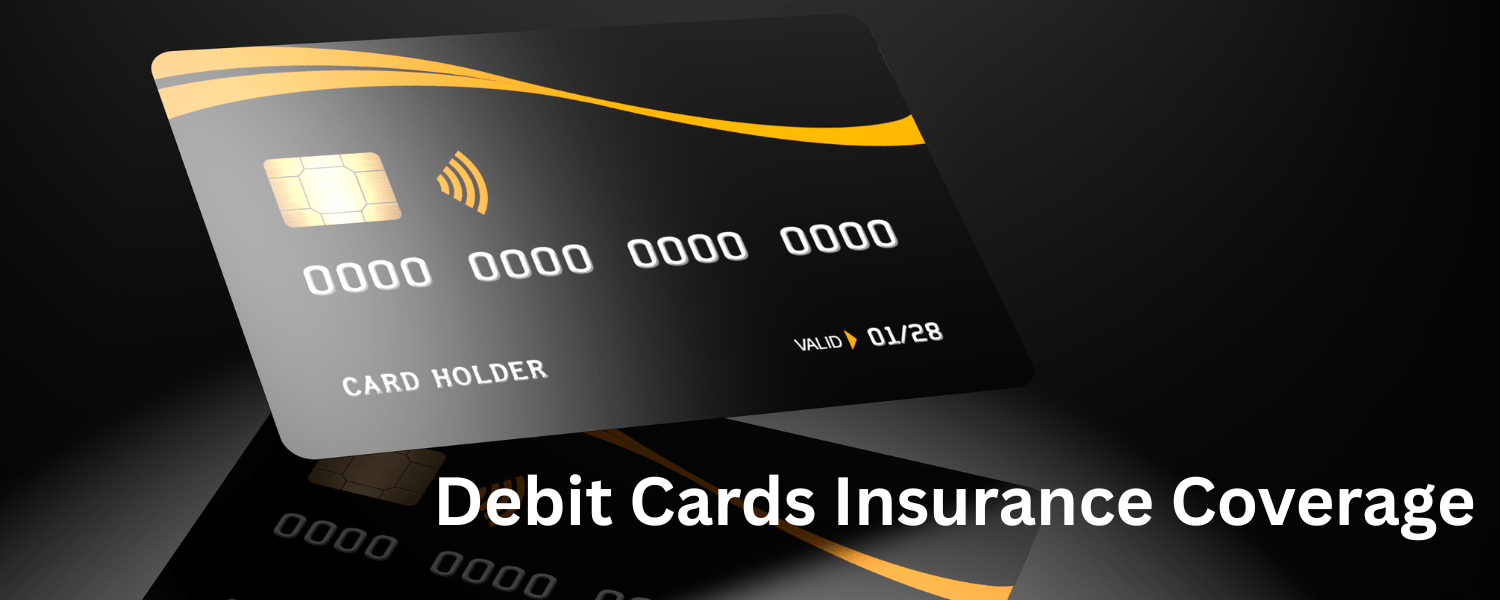
Detailed overview of the insurance coverage offered by debit cards from major Indian banks . The information is based on available data from web sources and general knowledge about banking practices in India. Note that specific coverage details, eligibility criteria, and terms may vary depending on the debit card variant, account type, and bank policies. It is recommended to verify details directly with the respective bank’s official website or customer service for the most accurate and up-to-date information, as insurance offerings can change.
Debit cards from major Indian banks often come with complimentary insurance benefits to enhance customer value. These benefits typically include personal accident insurance, air accident insurance, purchase protection, lost card liability, and baggage loss coverage. Below is a detailed overview of the insurance coverage offered by Debit Cards.
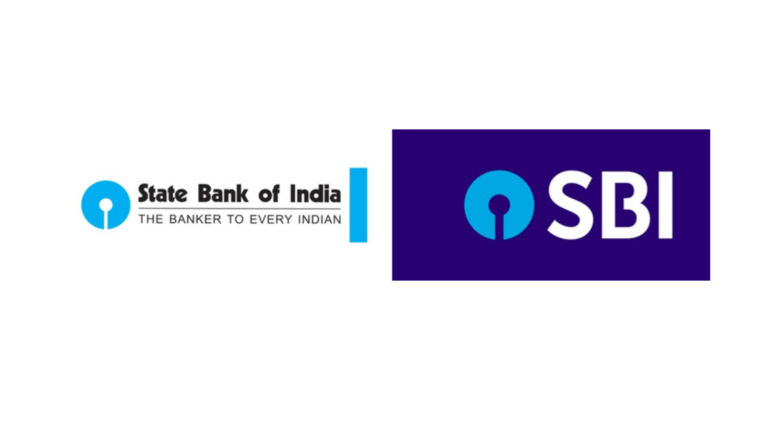
- Personal Accident Insurance: Up to ₹2 lakh for death or permanent disability (RuPay Platinum). Other cards may offer up to ₹5 lakh for non-air accidental death.
- Air Accident Insurance: Up to ₹1 crore, provided the air ticket (domestic or international) is purchased using the debit card.
- Baggage Loss Insurance: Up to ₹50,000 for checked-in baggage loss during air travel, in addition to airline compensation.
- Purchase Protection: Covers goods purchased with the debit card against loss or damage (e.g., fire, burglary) within 90 days, up to ₹1 lakh (excludes perishables, jewelry, precious stones).
Eligibility
The card must have been used for at least one transaction (ATM, POS, or e-commerce) within 90 days before the incident. For air accident coverage, the ticket must be purchased with the debit card.
Claim Process
Notify the bank and submit documents like FIR, death certificate, and transaction history. Claims are processed by the partnered insurer (e.g., National Insurance Company or HDFC ERGO).
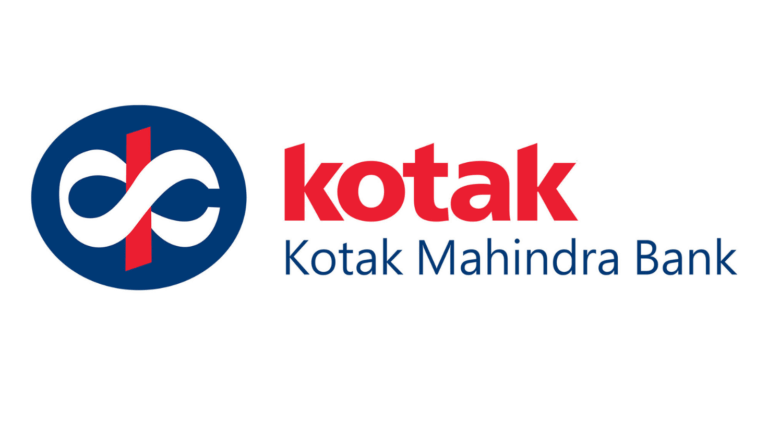
- Personal Accident Insurance: Up to ₹25 lakh for accidental death.
- Air Accident Insurance: Up to ₹5 crore for domestic or international travel, if the ticket is purchased with the debit card.
- Lost Card Liability Cover: Up to ₹6 lakh for fraudulent transactions on a lost or stolen card.
- Purchase Protection Cover: Up to ₹1.5 lakh for loss of goods purchased with the debit card, valid for 60 days (excludes perishables).
- Lost Baggage Insurance: Up to ₹1 lakh for checked-in baggage loss.
Eligibility
The card must be active with at least one transaction within 90 days. For lost card liability, report the loss within a specified period (typically 24–48 hours).
Claim Process
Notify the bank within 15–30 days and submit documents like FIR, death certificate, or proof of purchase. Claims are processed by the partnered insurer.

- Personal Accident Insurance: Up to ₹2 lakh for accidental death or permanent total disability on RuPay Platinum Chip Debit Card. Premium cards like the Visa Signature or Gold Debit Card may offer up to ₹5 lakh.
- Lost/Stolen/Counterfeit Card Insurance: Up to ₹1 lakh for fraudulent transactions on RuPay Platinum Chip Debit Card; up to ₹8,000 for other cards like the Women’s Debit Card or Kids Debit Card.
- Air Accident Insurance: Not explicitly mentioned, but premium cards (e.g., Visa Signature) may offer coverage up to ₹25–50 lakh if the ticket is purchased with the debit card, subject to bank or network terms.
Eligibility
The card must be used for at least one financial transaction (ATM, POS, or e-commerce) within 90 days before the incident. For lost/stolen card coverage, the loss must be reported promptly (typically within 24–48 hours).
Claim Process
Notify IDBI Bank via toll-free numbers (1800-209-4324 or 1800-22-1070) or email ([email protected]) within 30–90 days of the incident. Submit documents like FIR, death certificate, or transaction history. Claims are processed by the partnered insurer (e.g., via RuPay’s designated insurer or bank-affiliated insurers like Bajaj Allianz or NIVA Bupa).
Exclusions
RuPay Classic Debit Card and similar basic variants do not offer accidental death or disability insurance coverage, as per NPCI’s circular (NPCI/2019-20/RuPay/003 dated 23rd May 2019).
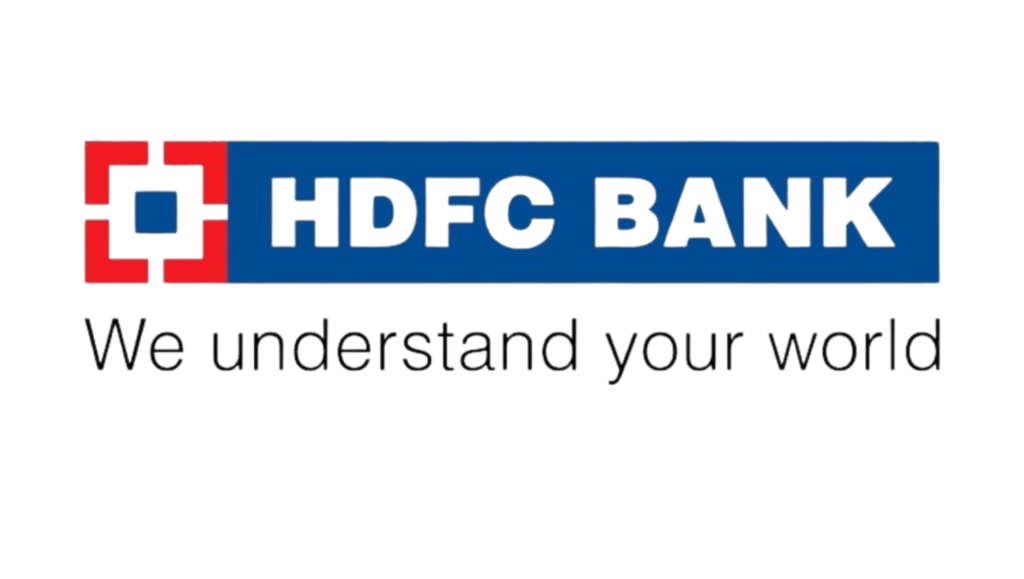
- Personal Accident Insurance: Up to ₹5 lakh for accidental death (non-air accidents). Some premium cards may offer higher coverage.
- Air Accident Insurance: Up to ₹1 crore, applicable only if the international air ticket is purchased using the HDFC Bank debit card.
- Purchase Protection: Covers loss or damage to goods purchased with the debit card within 90 days, up to ₹50,000 (exclusions apply, e.g., perishables, jewelry).
Eligibility
The card must be used for a Point of Sale (POS) or e-commerce transaction within a specified period (typically 90 days) before the incident. For air accident coverage, the ticket must be purchased with the debit card.
Claim Process
Notify the bank within 30 days of the incident and submit documents like FIR, death certificate, and bank statements within 60 days. Claims are processed by the partnered insurance provider (e.g., HDFC ERGO General Insurance).
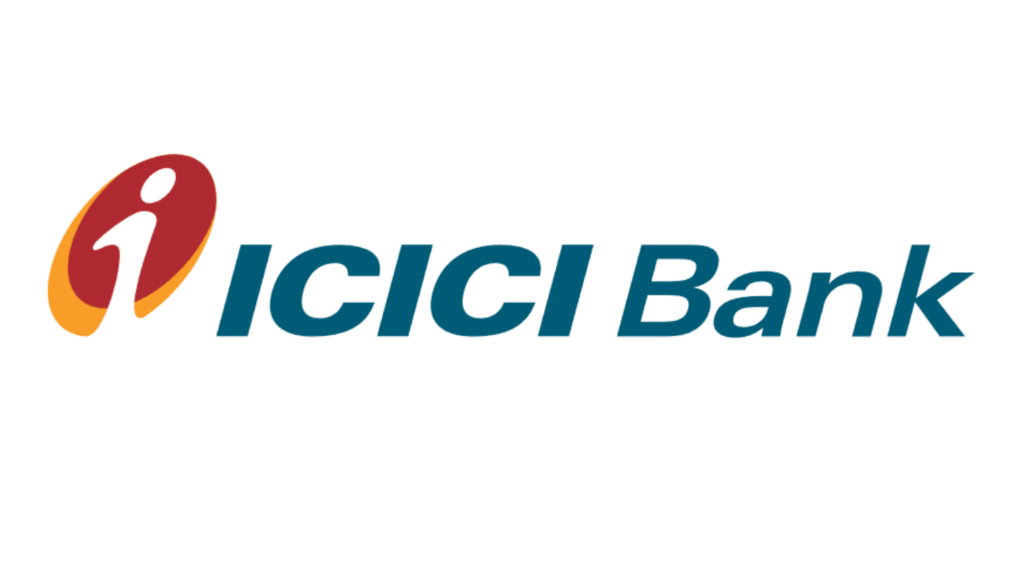
- Personal Accident Insurance (Non-Air): Ranges from ₹50,000 (Regular/Silver Savings Account) to ₹2 crore (premium accounts like Titanium). Coverage applies to accidental death.
- Air Accident Insurance: Up to ₹3 crore for premium accounts, ₹50,000 for Regular/Silver accounts, applicable if the ticket is purchased with the debit card.
Eligibility
The account must be active, with at least one salary credit in the last three months for Salary Account holders. Family accounts (ages 18–60) linked to a Salary Account may also be eligible.
Claim Process
Contact ICICI Lombard at 1800 2666 within 15 days of the incident. Submit documents such as a notarized death certificate, FIR/Panchnama, and claim form. Claims are processed within 15 working days if no investigation is required.
Exclusions
Basic Savings Bank Deposit Accounts (BSBDA) are not eligible for insurance benefits.
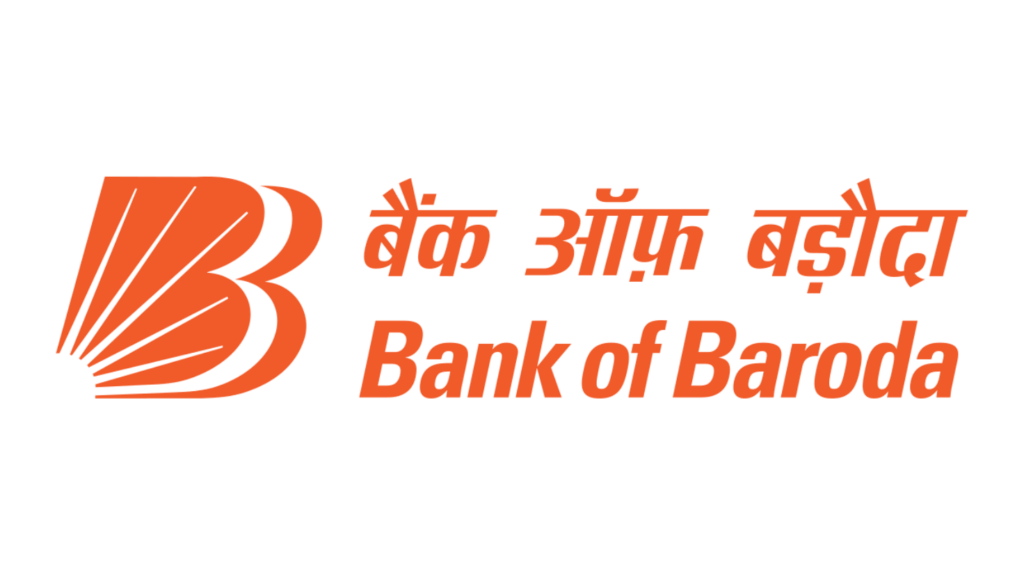
- Personal Accident Insurance: Up to ₹2–5 lakh for accidental death.
- Air Accident Insurance: Up to ₹50 lakh, provided the ticket is purchased with a debit card.
- Purchase Protection: Up to ₹50,000 for goods purchased with the debit card, valid for 90 days.
Eligibility
At least one transaction within 90–180 days before the incident.
Claim Process
Notify the bank and submit documents like FIR and death certificate. Claims are processed by the partnered insurer (e.g., HDFC ERGO or National Insurance).
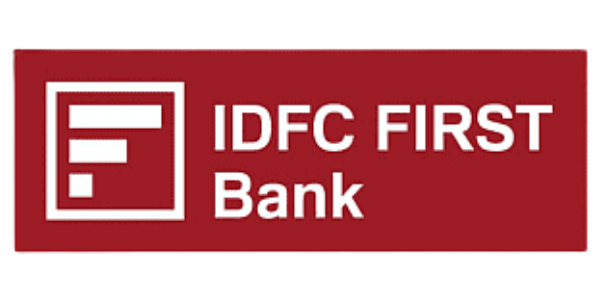
- Personal Accident Insurance: Up to ₹5–10 lakh for accidental death.
- Air Accident Insurance: Up to ₹1 crore, if the ticket is purchased with a debit card.
- Purchase Protection: Up to ₹50,000 for goods purchased with the debit card, valid for 60–90 days.
Eligibility
At least one transaction within 90 days before the incident.
Claim Process
Contact the bank and submit the required documents. Specific details should be verified with IDFC First Bank.
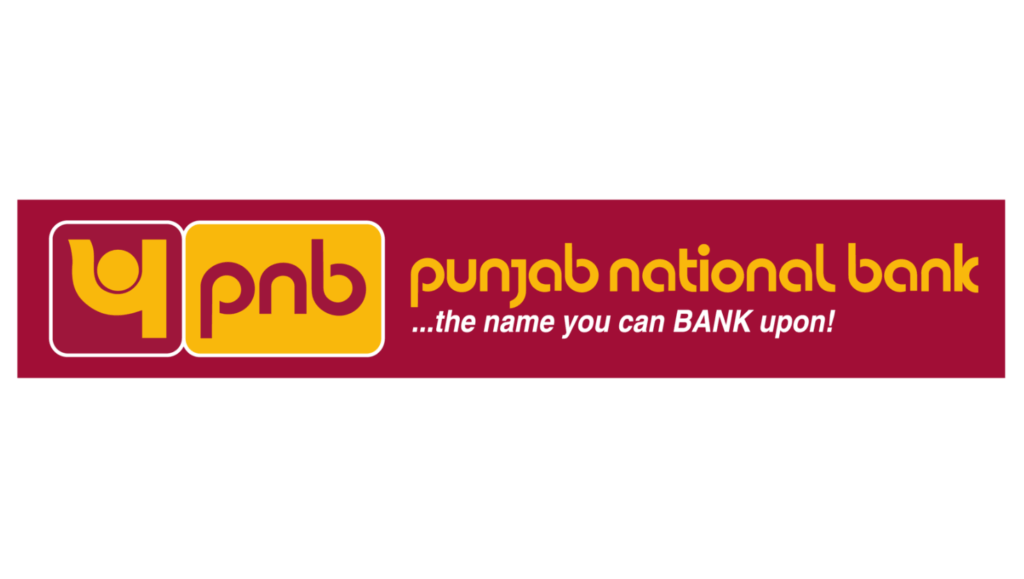
- Personal Accident Insurance: Up to ₹5 lakh for accidental death.
- Air Accident Insurance: Up to ₹50 lakh, applicable if the ticket is purchased with a debit card.
Eligibility
The card must have been used for at least one transaction within 90 days before the incident.
Claim Process
Contact PNB and submit required documents (e.g., death certificate, FIR). Specific details should be confirmed with the bank.
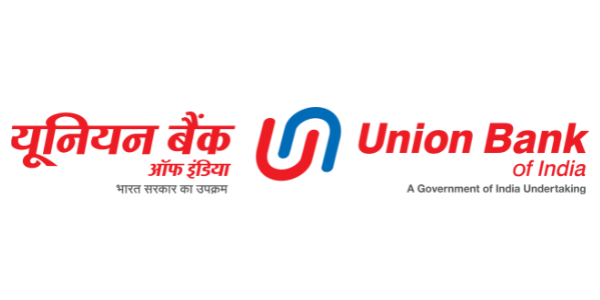
- Personal Accident Insurance: Up to ₹2–5 lakh for accidental death.
- Air Accident Insurance: Up to ₹50 lakh, applicable if the ticket is purchased with a debit card.
Eligibility
At least one transaction within 90 days before the incident.
Claim Process
Contact the bank and submit documents like FIR and death certificate. Specific details should be verified with Union Bank.
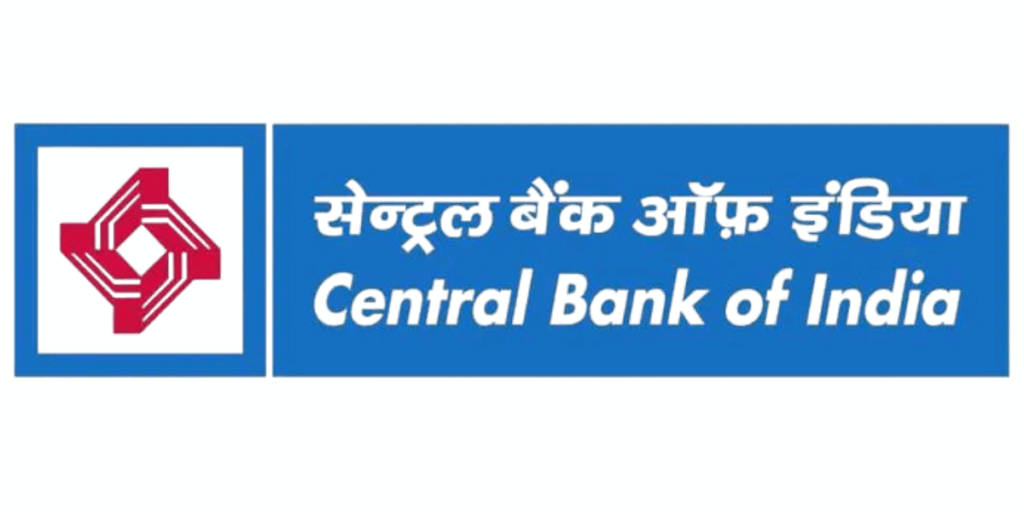
- Personal Accident Insurance: Up to ₹2–5 lakh for accidental death.
- Air Accident Insurance: Up to ₹50 lakh, if the ticket is purchased with a debit card.
Eligibility
The card must be active with recent transaction activity.
Claim Process
Contact the bank or partnered insurer and submit documents like FIR and death certificate.
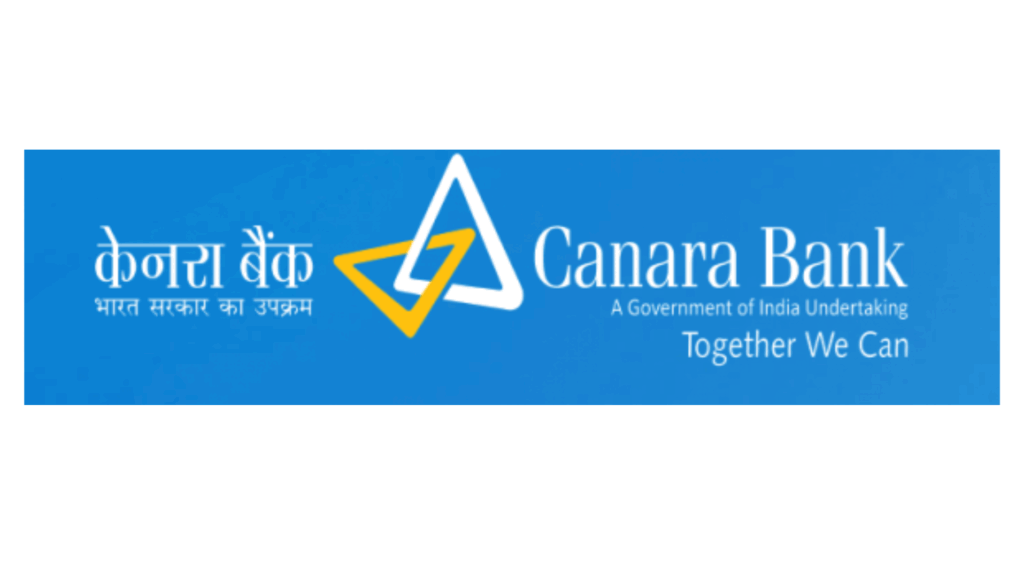
- Personal Accident Insurance: Up to ₹2–5 lakh for accidental death, depending on the card type.
- Air Accident Insurance: Up to ₹50 lakh, applicable if the ticket is purchased with a debit card.
Eligibility
The card must be active with at least one transaction within 90–180 days before the incident, depending on the card variant.
Claim Process
Contact the bank and submit required documents (e.g., death certificate, FIR). Specific details are less documented, so customers should verify with Canara Bank.
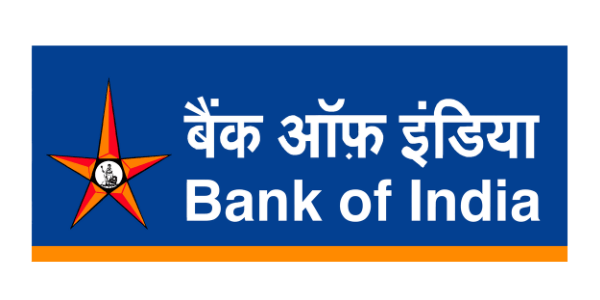
- Personal Accident Insurance: Up to ₹5 lakh for accidental death or permanent disability.
- Air Accident Insurance: Up to ₹50 lakh, applicable if the ticket is purchased with a debit card.
Eligibility
The card must be used for at least one transaction within 90–180 days.
Claim Process
Notify the bank or insurer (e.g., HDFC ERGO at [email protected]) within 30 days and submit documents like FIR, death certificate, and claim form.
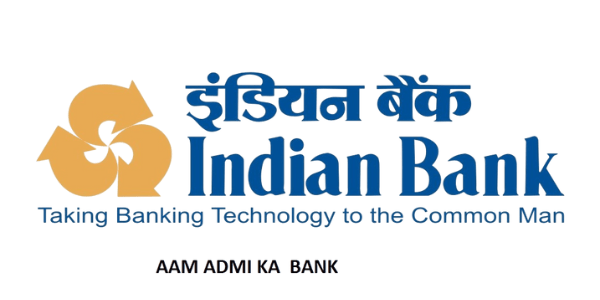
- Personal Accident Insurance: Up to ₹10 lakh for accidental death or permanent total disability on RuPay Platinum Debit Cards.
- Air Accident Insurance: Not explicitly mentioned, but may be included for premium cards if the ticket is purchased with a debit card, subject to RuPay terms.
Eligibility
The card must be active with at least one transaction (ATM, POS, or e-commerce) within 90 days before the incident. Cards issued for IB DIGI accounts or basic accounts (e.g., MUDRA Card, Senior Citizen Debit Card) do not offer insurance coverage.
Claim Process
Notify the bank within 30–90 days of the incident and submit documents such as FIR, death certificate, and claim form. Claims are processed through the partnered insurer (e.g., via RuPay’s designated insurer). Refer to www.rupay.co.in for detailed terms and claim procedures.
Exclusions
Cards like the RuPay Debit Card for IB DIGI accounts, MUDRA Card, or Senior Citizen Debit Card do not provide insurance coverage or complimentary airport lounge access.

- Personal Accident Insurance: Up to ₹5 lakh for accidental death.
- Air Accident Insurance: Up to ₹50 lakh, applicable if the ticket is purchased with a debit card.
Eligibility
At least one transaction within 90–180 days before the incident.
Claim Process
Notify the bank and submit required documents. Details should be confirmed with Federal Bank.
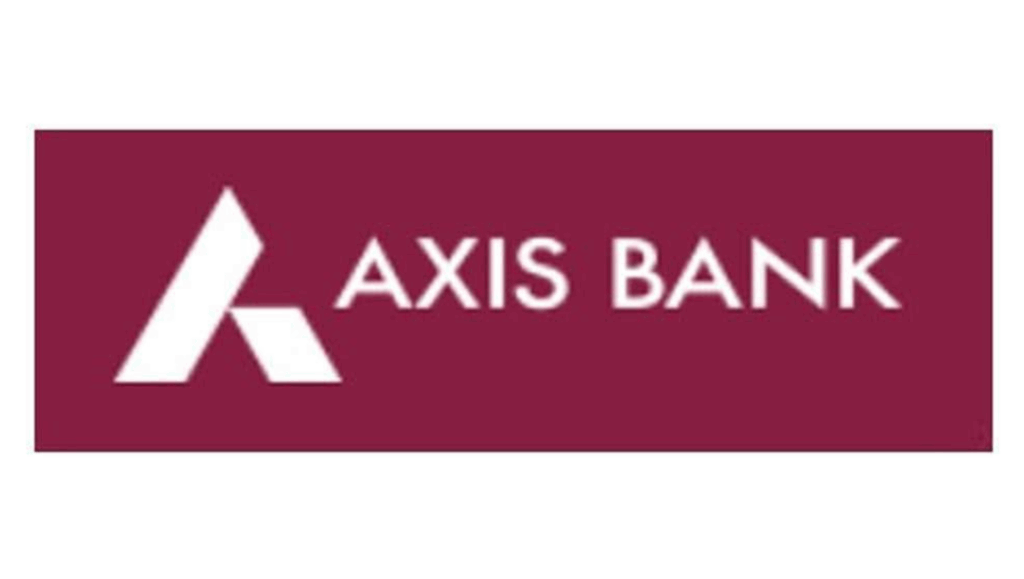
- Personal Accident Insurance: Up to ₹5 lakh for accidental death, valid if the card was used for a POS transaction within 180 days before the incident.
- Baggage Loss/Checked-in Baggage Insurance: Up to ₹50,000 for baggage loss during travel.
Eligibility
The card must be active, and specific cards (e.g., RuPay Platinum) may have different criteria, such as a transaction within 30 days for ₹2 lakh coverage.
Claim Process
Notify the bank within 30 days and submit documents like FIR, death certificate, and bank statements within 60 days.
Understanding Debit Card Insurance
Debit cards, also known as ATM cards, are a staple of modern banking in India, offering convenience for transactions and additional benefits like complimentary insurance coverage. Many Indian banks, including State Bank of India (SBI), HDFC Bank, ICICI Bank, Axis Bank, and Kotak Mahindra Bank, provide free insurance with their debit cards, covering accidental death, permanent disability, purchase protection, and sometimes lost card liability or travel-related benefits. These insurance policies are designed to provide financial security to cardholders and their families in unfortunate circumstances.
However, debit card insurance comes with specific terms and conditions, which vary by bank and card type (e.g., Visa, MasterCard, RuPay). A common misconception is that merely holding a debit card entitles the family to claim insurance after the cardholder’s death. In reality, eligibility often depends on card usage, transaction history, and the cause of death (accidental vs. natural).
Key Eligibility Criteria for Debit Card Insurance Claims
To determine if your sister’s family can claim insurance, we need to examine the eligibility criteria for debit card insurance in India. Based on the latest information , here are the key factors:
- Card Usage Requirement: Most banks require the debit card to be “active” for the insurance to be valid. An active card is typically defined as one used for at least one financial or non-financial transaction within a specified period before the incident (e.g., 30, 45, 90, or 180 days). Transactions can include:
- ATM withdrawals
- Point of Sale (POS) purchases at merchant outlets
- E-commerce transactions online
- Non-financial transactions like balance inquiries at ATMs (for some banks)
For example:
- SBI requires at least one transaction (ATM, POS, or e-commerce) within 90 days before the accident for personal accidental death (non-air) or air accidental death coverage. For SBI RuPay Platinum Debit Cards, the transaction must be within 30 days.
- Axis Bank mandates a purchase transaction within 180 days for most debit cards, except RuPay Platinum, which requires a transaction within 45 days.
- HDFC Bank requires at least one transaction for personal accidental death insurance claims to be processed.
- ICICI Bank and IndusInd Bank also stipulate one POS, e-commerce, or ATM transaction within 90 days.
- Cause of Death: Debit card insurance typically covers accidental death or permanent disability caused by external, violent, and visible means. Natural death (e.g., due to illness or old age) is not covered. For air accidental death, some banks like SBI require the air ticket to be purchased using the debit card. If your sister’s death was not accidental, the insurance may not apply, regardless of card usage.
- Card Type and Coverage: The type of debit card (e.g., Classic, Platinum, Visa, RuPay) determines the insurance coverage amount. For instance:
- SBI RuPay Platinum Debit Card offers up to ₹2 lakh for accidental death or permanent disability.
- ICICI Bank Salary Account-linked debit cards provide up to ₹40 lakh for air accidental death and ₹20 lakh for non-air accidental death, subject to salary credit in the last three months.
- Bandhan Bank’s Mastercard Elite Platinum Debit Card offers ₹10 lakh for accidental death, but only on active cards used within six months.
- Basic Savings account debit cards or cards under the Pradhan Mantri Jan Dhan Yojana (PMJDY), coverage may be limited or unavailable. For example, SBI’s Basic Savings Bank Deposit Accounts (BSBDA) do not offer personal accident or air accident death insurance.
- Debit Cards for POS or e-commerce transactions. If she exclusively conducted in-person bank transactions, cards likely do not qualify as active, making insurance claims challenging.
- Nominee or Legal Heirs: The claim can only be filed by the nominee listed in the bank account or legal heirs with appropriate documentation (e.g., a No Objection Certificate from other heirs).
Comparison of Insurance Coverage for Debit Cards
Below is a detailed comparison of insurance coverage offered by various debit cards from major Indian banks in 2025, presented in a table format. The data is based on the latest available information from bank websites, NPCI guidelines, and other reliable sources. Note that insurance coverage varies by card type, bank, and usage conditions (e.g., minimum transaction requirements). Always verify specific terms with the issuing bank.
Bank & Debit Card | Personal Accidental Death (Non-Air) | Air Accidental Death | Purchase Protection | Lost Card Liability | Other Insurance Benefits | Transaction Requirement |
SBI RuPay Platinum Debit Card | ₹2 lakh | ₹10 lakh (if air ticket purchased with card) | ₹25,000 (90 days from purchase) | ₹1 lakh | – Baggage loss: ₹25,000 | At least 1 financial transaction (ATM/POS/e-commerce) in last 90 days for air/non-air; 30 days for RuPay Platinum |
SBI Visa Gold Debit Card | ₹5 lakh | ₹50 lakh (if air ticket purchased with card) | ₹50,000 (90 days from purchase) | ₹2 lakh | – Baggage loss: ₹50,000 | At least 1 financial transaction in last 90 days |
HDFC Millennia Debit Card | ₹5 lakh | ₹50 lakh | ₹50,000 (90 days from purchase) | ₹5 lakh | – Lost baggage: ₹1 lakh | At least 1 transaction (ATM/POS/e-commerce) in last 90 days |
ICICI Bank Platinum Chip Debit Card | ₹5 lakh | ₹50 lakh (if air ticket purchased with card) | ₹50,000 (90 days from purchase) | ₹5 lakh | – Lost baggage: ₹50,000 | At least 1 transaction in last 90 days |
ICICI Bank Salary Account Debit Card | ₹20 lakh | ₹40 lakh | ₹1 lakh (90 days from purchase) | ₹10 lakh | – Lost baggage: ₹2 lakh | Salary credit in last 3 months; 1 transaction in last 90 days |
Axis Bank Online Rewards Debit Card | ₹5 lakh | ₹50 lakh | ₹50,000 (90 days from purchase) | ₹5 lakh | – Lost baggage: ₹1 lakh | At least 1 purchase transaction in last 180 days |
Axis Bank Burgundy Debit Card | ₹15 lakh | ₹1 crore | ₹1 lakh (90 days from purchase) | ₹15 lakh | – Lost baggage: ₹2 lakh | At least 1 purchase transaction in last 180 days |
Kotak Privy League Platinum Debit Card | ₹10 lakh | ₹50 lakh | ₹1 lakh (90 days from purchase) | ₹10 lakh | – Lost baggage: ₹1 lakh | At least 1 transaction in last 180 days |
IndusInd Bank Mastercard Elite Platinum Debit Card | ₹10 lakh | ₹50 lakh | ₹1 lakh (90 days from purchase) | ₹10 lakh | – Lost baggage: ₹1 lakh | At least 1 transaction in last 90 days; waived for defense personnel |
Union Bank RuPay Platinum Debit Card | ₹2 lakh | ₹10 lakh | ₹25,000 (90 days from purchase) | ₹1 lakh | – Baggage loss: ₹25,000 | At least 1 transaction in last 90 days |
Can You Claim Insurance If the Debit Card Was Never Used?
The requirement for card usage is a significant hurdle. If never used debit cards for any transactions (ATM, POS, or e-commerce), It is unlikely to be eligible for insurance claims. Here’s why:
- Inactive Card Status: Banks like SBI, HDFC, ICICI, and Axis explicitly state that insurance coverage is operational only if the card was used within the stipulated period. Without any transaction, the card is considered inactive, and the insurance policy does not apply.
- Policy Terms: Debit card insurance is a complimentary benefit tied to card activity, incentivizing digital transactions. If anyone prefer in-person banking, debit cards is likely dormant for insurance purposes.
- Exceptions: Some banks, like IndusInd Bank, waive the transaction requirement for defense personnel in certain cases. However, this is rare and unlikely to apply unless your sister was in such a category.
To confirm, contact each bank where you held debit cards and inquire about:
- The specific terms of debit card’s insurance policy.
- Whether any POS or e-commerce transactions were recorded.
- If non-financial transactions (e.g., balance inquiries) qualify for active status.
If no transactions were made, the claim is likely to be rejected. However, let’s explore the claim process in case some transactions were overlooked or if future clarification changes the situation.
Debit Card Insurance Claim Process
Here’s a step-by-step guide to the debit card insurance claim process:
- Notify the Bank or Insurance Provider Promptly:
- Contact the bank within the stipulated period (usually 90–120 days from the date of the accident). For example:
- SBI: Call 1800 2666 5844 within 90 days, quoting policy number 4112-400401-23-7001805-00-000.
- ICICI Bank: Call ICICI Lombard at 1800 2666 within 15 days.
- IndusInd Bank: Visit the nearest branch within 7 days of the loss.
- For Axis Bank or Kotak Mahindra Bank, visit the nearest branch.
- Delays in notification may lead to claim rejection.
- Contact the bank within the stipulated period (usually 90–120 days from the date of the accident). For example:
- Gather Required Documents:
- Death Certificate: An official, notarized, or attested copy.
- Copy of Debit Card: To establish ownership.
- Identification Documents: For the deceased (e.g., PAN card, passport) and claimant (e.g., Aadhaar, PAN).
- FIR or Police Report: Mandatory for accidental death cases.
- Post-Mortem Report: If required by the bank or insurer.
- Hospital Records: If the cardholder was hospitalized before passing.
- Nominee Documents: A canceled cheque with the nominee’s name or NEFT mandate form for fund transfer.
- No Objection Certificate (NOC): From other legal heirs on ₹50/100 stamp paper if no nominee is listed.
- Claim Form: Obtain and fill out the Personal Accident Insurance Intimation Form from the bank or insurer.
- Additional documents may be requested based on the claim’s nature.
- Submit Documents:
- Submit all documents to the bank branch or directly to the insurer (e.g., ICICI Lombard for IndusInd Bank claims) within the specified timeline (e.g., 30–60 days from intimation).
- For PMJDY accounts, submit documents to the bank branch, which forwards them to the insurer (e.g., New India Assurance).
- Follow Up:
- Track the claim’s progress with the bank or insurer. Claims are typically settled within 10–30 days after receiving complete documents, provided all terms are met.
- Maintain records of all communications, including dates and representative names.
- Receive Settlement:
- Upon approval, the insured amount is credited to the nominee’s account via NEFT or cheque. The payout may be a lump sum or installments, depending on the policy.
Challenges in Claiming Insurance Without ATM Usage
Your sister’s preference for in-person banking poses significant challenges:
- Lack of Transaction History: Without ATM, POS, or e-commerce transactions, cards are likely inactive, disqualifying from coverage.
- Verification Issues: Banks verify transaction records to confirm eligibility. No digital footprint makes it difficult to prove active status.
- Time Constraints: If death occurred a few months ago, you may have missed the 90–120-day intimation window, further complicating claims.
To overcome these, check bank statements or online banking records for any overlooked debit card transactions. If none exist, consult a banking expert or legal advisor to explore alternative options, such as account-linked insurance (e.g., PMJDY or salary account benefits).
Latest Data on Debit Card Insurance in India
Debit Card insurance remains a valuable but underutilized benefit in India. Here’s the latest data:
- Over 55.54 crore beneficiaries are enrolled under PMJDY, with ₹257,327.86 crore in account balances, many holding RuPay debit cards with insurance coverage.
- Major banks like SBI, HDFC, ICICI, and Axis continue to offer complimentary insurance, with coverage ranging from ₹1 lakh to ₹3 crore, depending on the card variant.
- The National Payments Corporation of India (NPCI) oversees RuPay card insurance programs, with detailed claim processes outlined for FY 2024–25 and 2025–26.
- Awareness of debit card insurance remains low, leading to unclaimed benefits. Blogs and financial literacy campaigns are increasing visibility.
Tips to Maximize Debit Card Insurance Benefits
To ensure, family can claim debit card insurance in the future:
- Use Debit Cards Regularly: Make at least one transaction every 30–90 days to keep the card active.
- Understand Policy Terms: Review the insurance coverage details for each debit card variant.
- Maintain Records: Keep transaction receipts and bank statements for proof of activity.
- Nominate Beneficiaries: Ensure all bank accounts have a registered nominee to simplify claims.
- Act Promptly: Notify the bank or insurer within the stipulated period after an incident.
Final Thought
The question, Can family claim insurance from the bank debit cards if never used them at ATMs?, hinges on whether cards were active through POS or e-commerce transactions. Given preference for in-person banking, it’s likely that cards are inactive, making insurance claims difficult. However, verifying transaction history with the banks is crucial. The debit card insurance claim process in India involves timely notification, document submission, and adherence to policy terms, with accidental death being a prerequisite.
Losing a loved one is heart breaking, and navigating insurance claims can feel overwhelming. By understanding the eligibility criteria, gathering necessary documents, and staying proactive, you can explore all possible avenues for financial relief. For personalized advice, contact banks or a financial consultant. Stay informed about bank debit card insurance after death to protect your family’s future.
Disclaimer: This blog is for informational purposes only. Always consult the bank or insurer for specific policy details and claim procedures.
Share this:
- Share on Facebook (Opens in new window) Facebook
- Share on X (Opens in new window) X
- Share on LinkedIn (Opens in new window) LinkedIn
- Share on Reddit (Opens in new window) Reddit
- Share on X (Opens in new window) X
- Share on Tumblr (Opens in new window) Tumblr
- Share on Pinterest (Opens in new window) Pinterest
- Share on Telegram (Opens in new window) Telegram
- Share on WhatsApp (Opens in new window) WhatsApp
- Email a link to a friend (Opens in new window) Email



